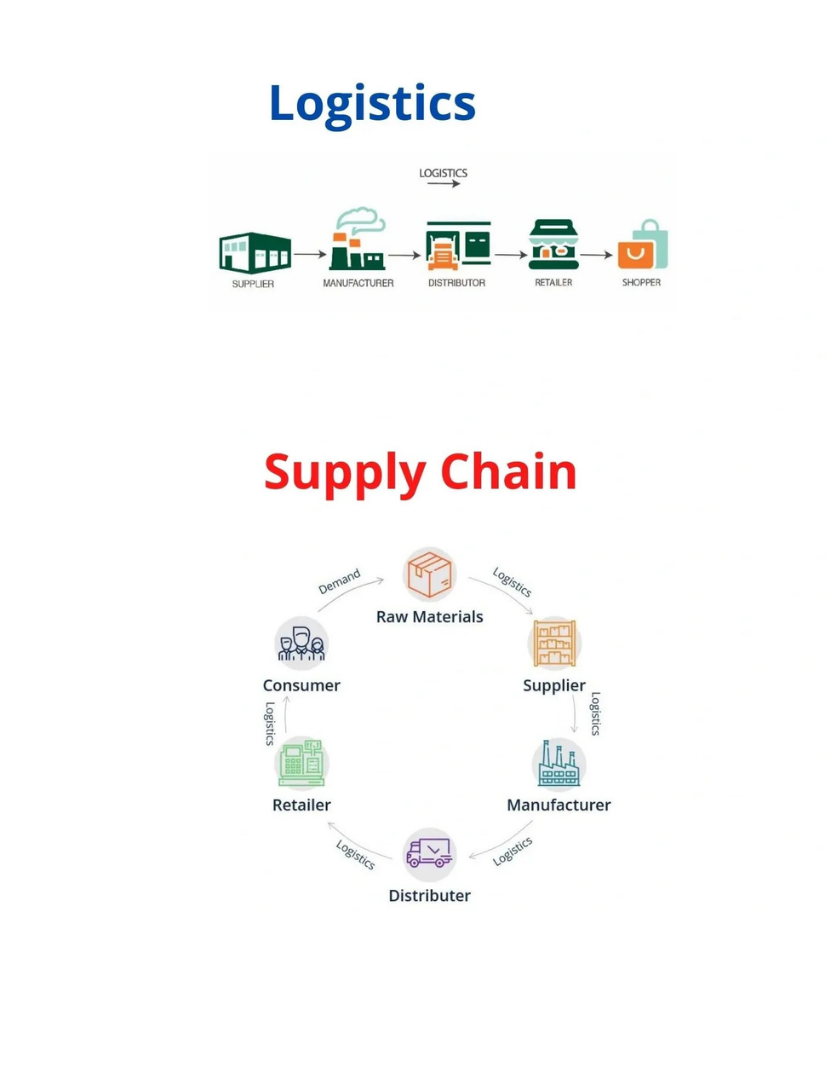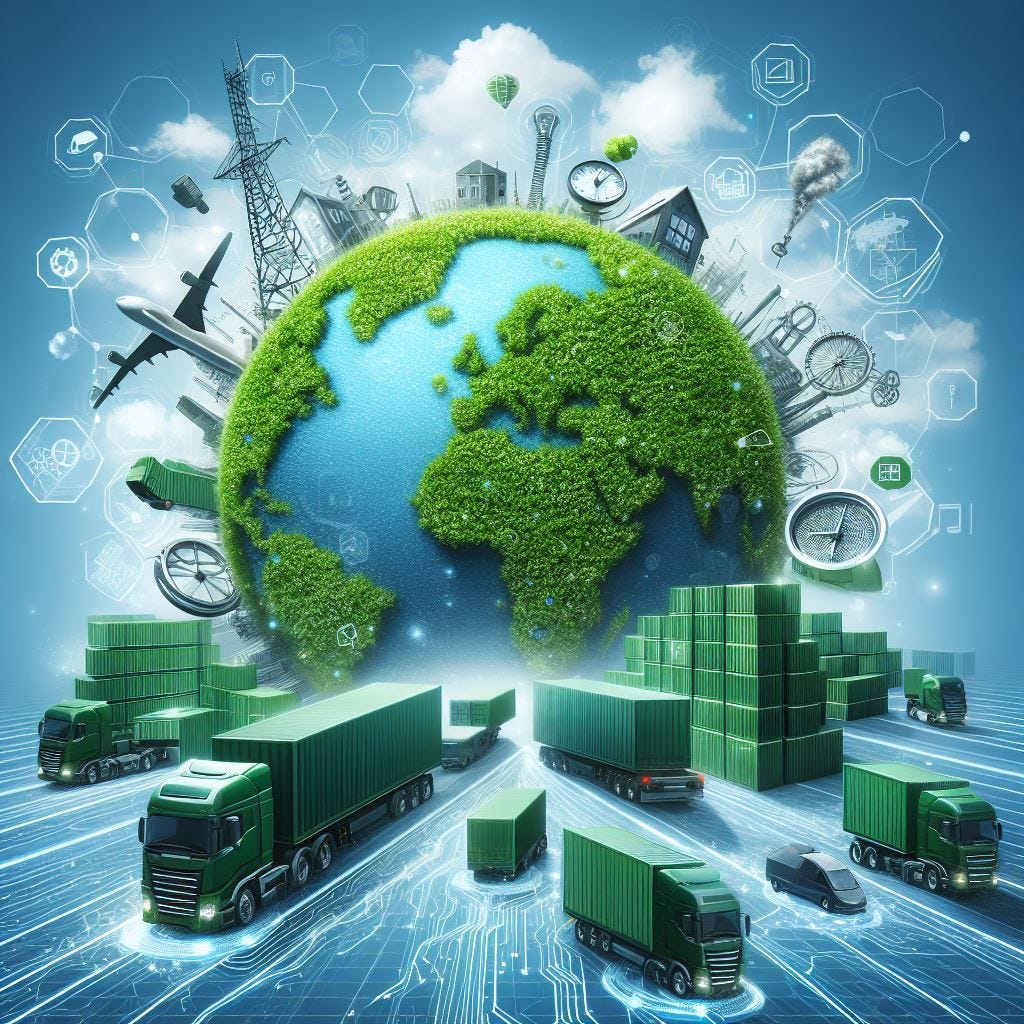The difference between logistics and supply chain: How do they affect modern business?

In recent years, supply issues have become one of the most discussed topics on a global level. Many consumers experienced disruptions in product deliveries and for the first time contemplated how the various stages of production, distribution, and supply are interconnected. In the context of a global crisis, phrases like "the supply chain is disrupted" or "logistical difficulties" are often heard.
The main differences between logistics and supply chain.
The supply chain is a broader term that encompasses all stages from the extraction of raw materials to the delivery of finished products to the end customer. It is a complex network involving multiple parties: from manufacturers and suppliers of components to distributors and retailers. An example can be the production of electronics, where parts may come from Asia, and assembly is carried out Logistics, in turn, includes the management of transportation, storage, and delivery of goods. This is part of the supply chain focused on the movement of goods and inventory control. Logistics is more focused on the efficiency of delivery to the end customer, while the supply chain encompasses all stages, starting from the extraction of raw materials.
The influence of logistics and supply chains on business.
Logistics is usually controlled at the level of a single organization. For example, in the company Karam Al Arab, which is engaged in the transportation of goods, logistics ensures the optimal delivery of products to customers, including storage and transportation.
The supply chain, on the contrary, requires coordination between multiple organizations, and it always involves a global level. For example, automobile production requires coordination among manufacturers. Details in one country and assembly in another, which creates dependence on global supplies and complicates processes in times of crises.
Modern technologies and their impact on logistics and supply chain.
With each passing year, technological progress becomes increasingly important in managing logistics and supply chains. With each passing year, technological progress becomes increasingly important in managing logistics and supply chains. The emergence of technologies such as blockchain and artificial intelligence allows for increased transparency of processes, improved planning, and reduced costs.
The use of blockchain technologies, for example, can significantly reduce the time needed to verify the authenticity of products and track their movement. This is especially relevant for supply chains,in which many participants are involved. Artificial intelligence is capable of analyzing large volumes of data, predicting consumer demand and optimizing inventory, which leads to reduced storage costs.
Environmental aspects of logistics and supply chains.
Given the global challenges related to climate change, environmental initiatives in logistics and supply chains are becoming an important aspect .Companies are beginning to implement more sustainable practices, such as using eco-friendly packaging and optimizing delivery routes to reduce carbon footprint.
Karam Al Arab is also actively working to reduce the negative impact on the environment by applying modern technologies and approaches in logistics. Sustainable development is becoming not only a trend but also a necessity for businesses striving to meet consumer demands and protect the planet.
The importance of supply chains and logistics during times of crisis.
Global crises, such as the pandemic, have shown how important both disciplines are for the stable operation of business .In moments when the supply chain is disrupted, this inevitably affects logistics. In times of crisis, the transportation of goods becomes more complicated and requires quick adaptation to new conditions.
Thus, it can be said that logistics is part of a broader supply chain system. And although they perform different functions, both disciplines work together to achieve a common goal - ensuring the efficient movement of goods from producers to end consumers.


